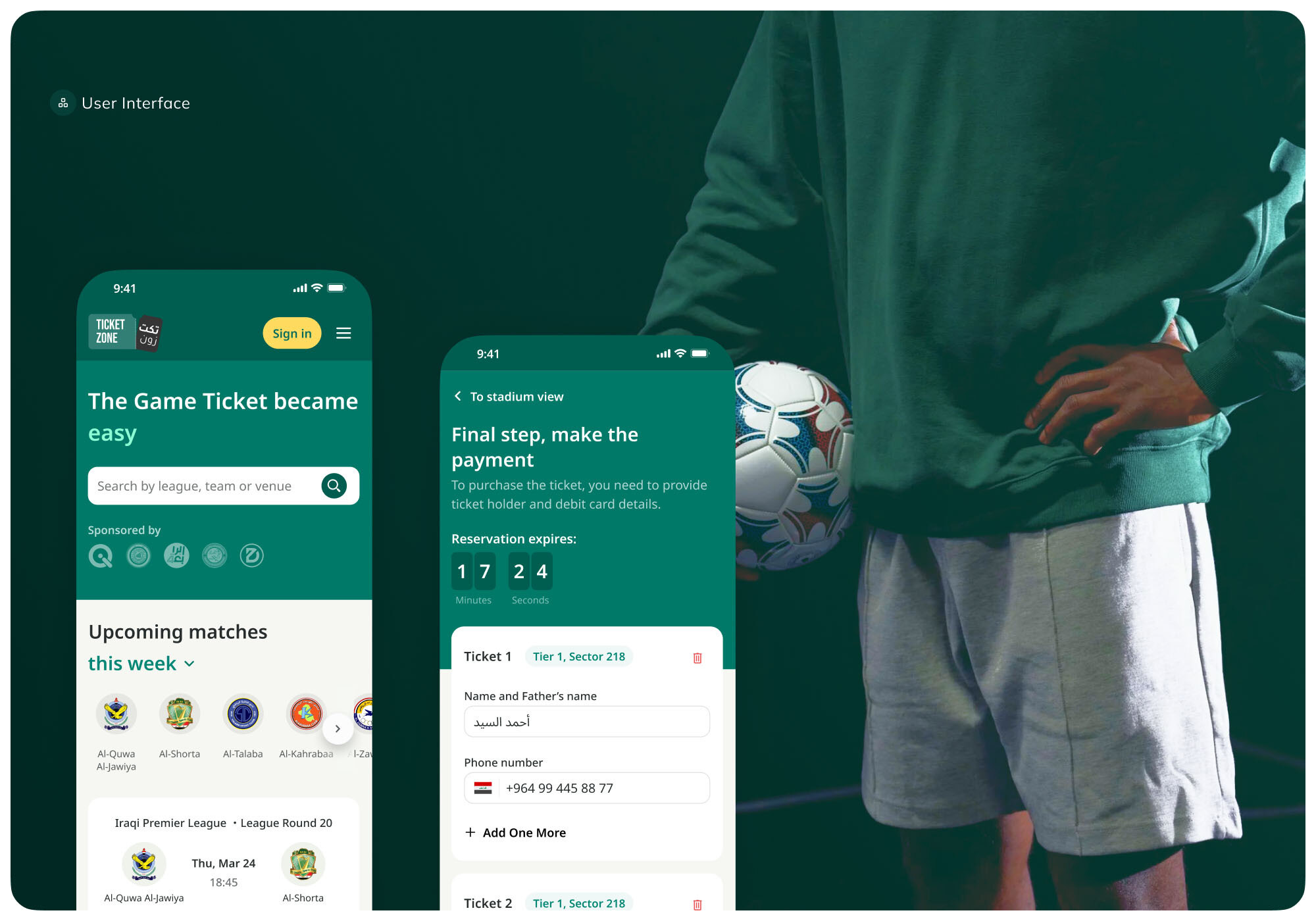An Android application is a piece of software that can be used on the Android operating system.
Android apps can help you reach the most possible users, as they make up the majority of the mobile market share.
When we hear about Android, we tend to think of smartphones, but there are also other devices compatible with Android, such as Smart TVs, laptops and more.
Android apps can be downloaded and installed on your device from a number of different app stores, such as the Google Play store and official third party distributors. They often serve a specific purpose, such as Google’s Gmail app for emails.
Apps can be built to serve both Android and iOS operating systems, but the processes are slightly different.
Android apps are built with a variety of open source coding technology, such as Java or Kotlin. This means that Android app development is quick, flexible and low cost.
The process of Android app development
First of all, you need to define and analyze your business idea to make sure your app will add value and stand out in a crowded market.
Next, devise a strategy for building and promoting the best possible app, taking into account usability, design, stability and functionality before building a wireframe.
A wireframe is a blueprint of the app’s overall structure and identifies all the tools you need to build your application before adding UI designs.
Next, the usability of the app is coded and navigational features, list views and data collation are included, with ongoing testing and validation to identify and remove bugs.
Now you’re ready to publish your app. It’s important to remember that mobile application development is an ongoing process, and requires performance maintenance.
Technologies used in Android app development
When it comes to Android app development, technology plays a pivotal role. Native Android applications are predominantly crafted using Java, a robust and versatile cross-platform coding technology. However, the Android development landscape offers a wealth of other technologies, each with its unique strengths, enabling custom Android app solutions.
Excitingly, Google's Android team recently declared Kotlin as an officially supported coding language, providing developers with a choice between Google Java and Google Kotlin. For building asynchronous and event-driven programs using observable sequences, RxJava is a powerful tool in the Android developer's arsenal.
Expert Android app developers stay at the forefront by mastering the latest technologies and tools, encompassing programming languages, databases, frameworks, and libraries.
At Brainvire, we harness this cutting-edge toolbox, including XML, SQLite, Android NDK, Realm, and Android SDK, to ensure your app is built using state-of-the-art resources, delivering a seamless and captivating experience for your users.
But it doesn't stop there. Beyond technology, our seasoned Android app developers prioritize user-centric design, collaborating closely with Android UI and UX designers. This commitment ensures that your app not only operates flawlessly but also offers an enjoyable and intuitive journey for your target audience.
Other technologies include Flutter, Swift, React Native and Eclipse.
The business impact of Android apps
With 74% of the mobile market share, Android apps can have a huge impact on KPIs, increasing your business exposure to the biggest possible audience.
You can also use your app to promote customer loyalty, with in-app notifications, promotions and personalization.
Mobile applications can also be used to reach out to new potential customers, with tools such as registration/booking forms, accounts, newsfeeds and other information that can be used to drive engagement and increase sales.
As Android apps are available on several platforms, they increase accessibility for users, as well as increasing your business’s accessibility to them, so you can reach them wherever they are.
Android mobile applications drive brand awareness amongst the largest mobile market, so they’re a vital part of a successful digital business strategy.
A professional Android development company will have years of expertise in how to navigate the mobile market, enabling you to take advantage of all the business benefits a successful Android app can bring.
Elevating Your Business With Next-Gen Android Tech
By partnering with Netguru, you're choosing to elevate your business with next-gen Android technology. Netguru's team stays at the forefront of the latest developments, ensuring that your Android app leverages cutting-edge features and functionalities to stay ahead of the competition.
Leveraging the Latest in Android Development
Netguru's commitment to leveraging the latest in Android development ensures that clients benefit from the most advanced technologies and methodologies. From utilizing the newest development tools and libraries to incorporating modern user interface and experience designs, Netguru ensures that your Android app is built on a solid foundation of innovation and expertise.
Development and Libraries
At the forefront of innovation, the company leverages the most advanced development environments and libraries to create cutting-edge Android applications. Utilizing Android Studio, the primary IDE for Android development, our developers harness its full potential to build robust, high-performance applications. This environment, coupled with an extensive library of pre-built code and modules, allows for the rapid development of feature-rich apps, ensuring projects are delivered efficiently and effectively.
User Interface and Experience
The company places a significant emphasis on crafting user interfaces that are not only visually appealing but also user-friendly. By prioritizing Android app UI/UX design, we ensure that applications are intuitive, engaging, and accessible to all users. This approach not only enhances user satisfaction but also contributes to higher engagement rates and customer loyalty. Our team of designers and developers work collaboratively to create experiences that perfectly balance aesthetics with functionality.
Data Management Innovations
In the realm of custom Android apps, our company is pioneering data management innovations that empower businesses to harness their data more effectively. Leveraging the latest advancements in database technology and data processing, we develop apps that provide seamless data integration, real-time analytics, and secure data storage. These capabilities enable businesses to make informed decisions, improve operational efficiency, and deliver personalized user experiences.








.jpg?width=65&height=65&name=Marco%20Deseri%20Artemest-s(1).jpg)